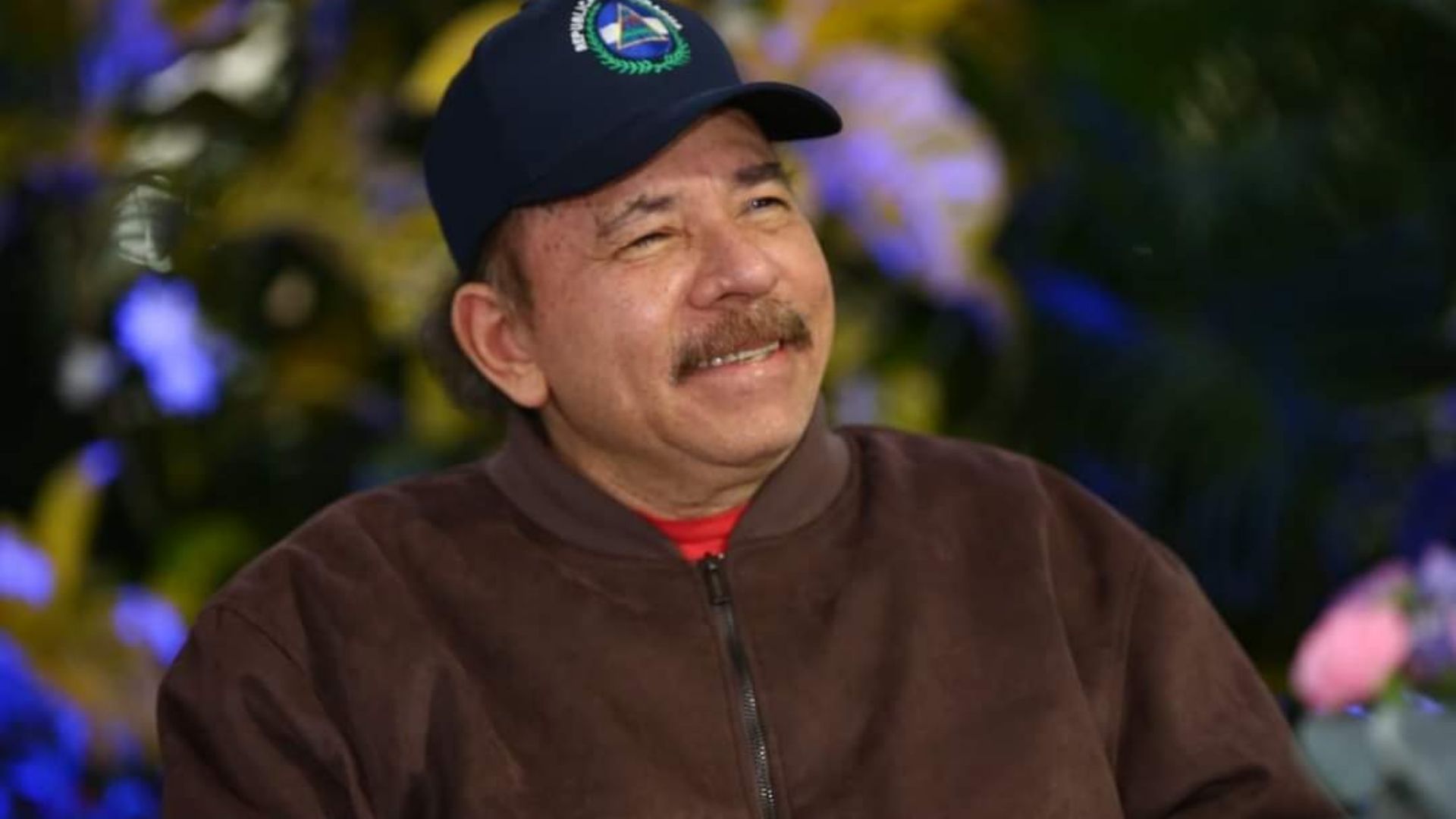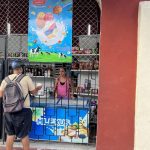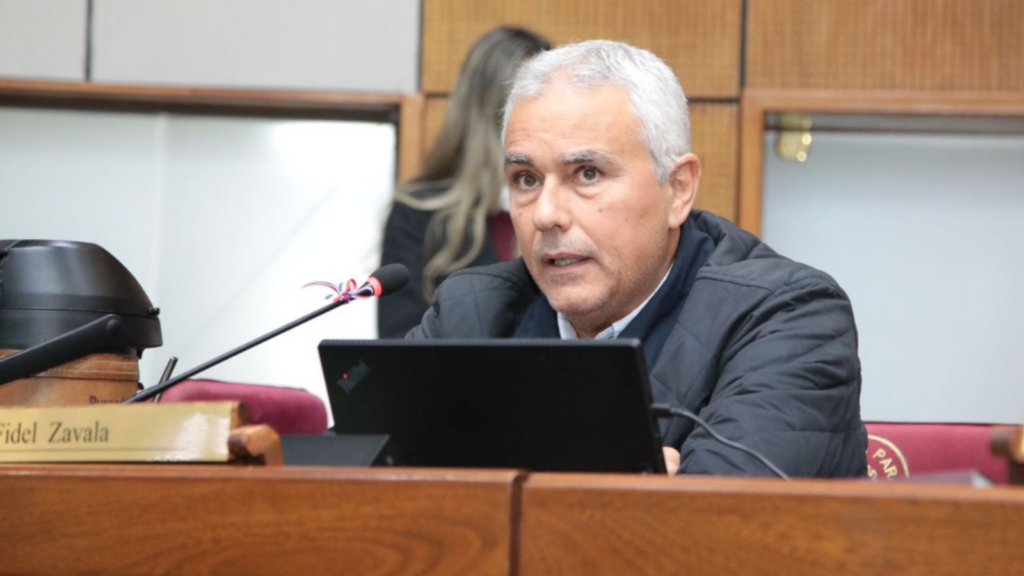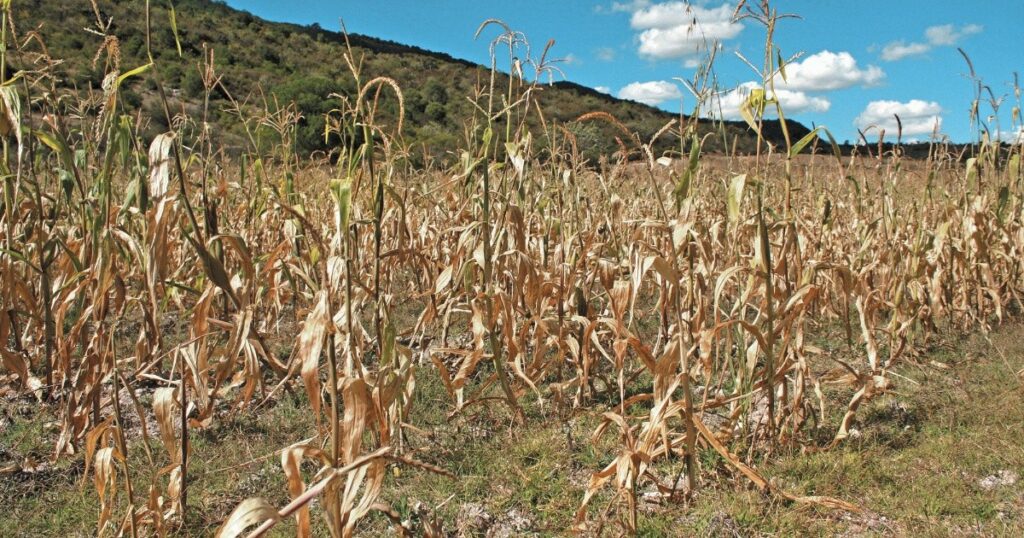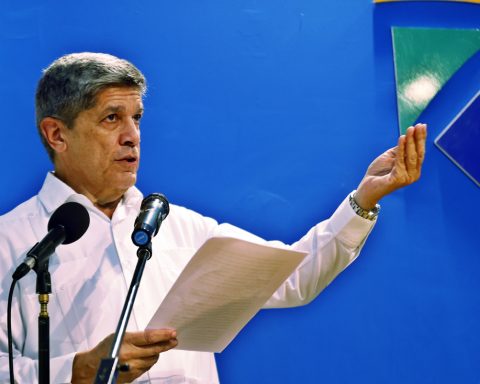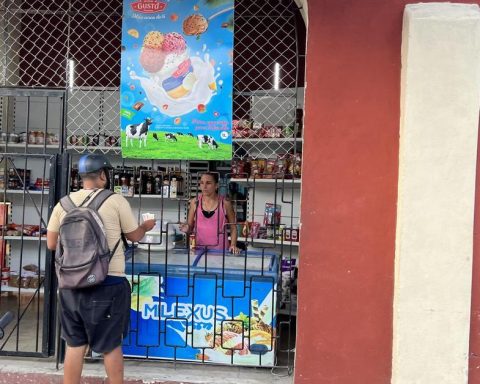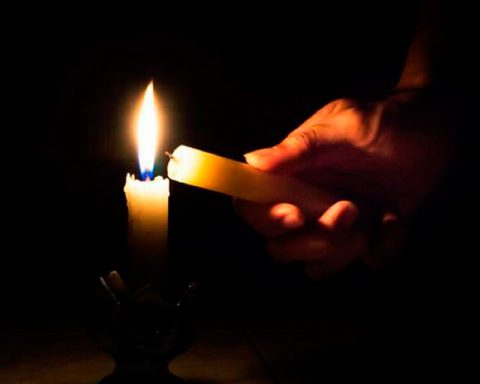Two resolutions of the European Parliament have urged that the member states of the European Union (EU) and the Human Rights Council of the United Nations Organization (UN) request the International Criminal Court (ICC) to initiate a “formal investigation into Nicaragua and Daniel Ortega for crimes against humanity.
Lawyer Braulio Abarca, human rights defender of the Nicaragua Never Again Collective, explained to Article 66 that it is “impossible” for the ICC to try Daniel Ortega or any Nicaraguan because the State has not ratified the Rome Statute and “does not have jurisdiction in Nicaragua”
“On the subject of international law, what international criminal jurisdictions are, they have to be conceived in advance, so since there is no jurisdiction by time, matter, person or place, it cannot be achieved,” he explained.
Related news: MEPs will ask the International Criminal Court to investigate crimes of Daniel Ortega
Regarding the exercise of jurisdiction of the Rome Statute, article 13 establishes that the Security Council may refer to the ICC prosecutor a situation in which crimes that fall within the jurisdiction of this Court appear to have been committed.
Abarca explained that the international court does not have jurisdiction in Nicaragua, but it can be reported to the ICC when a crime is committed in Nicaraguan territory against a foreign person whose country is under the justification of the Court.
“In the case of the Brazilian doctor Rayneia Da Costa Lima (murdered in the context of the social protests in Nicaragua) the victim of a crime is a foreign person, what is a complaint can be made under universal jurisdiction in countries that have ratified the Rome Statute,” he said.
«(Although) it is not likely that a national of a country like Nicaragua will be tried for crimes against humanity because there is no “international police” that enters a country to remove its nationals, it would be violating the principle of non-intervention war”, added the jurist.
The human rights defender affirmed that, even if Daniel Ortega is denounced before the ICC, it is not possible that there is a way that he can be judged. He clarified that the ICC sent an envoy to Venezuela, but the jurisdiction operated because the country ratified the Rome Statute on the Court, but “as long as there is no consent, consent or ratification of the Rome Statute, it cannot be done,” he assured.
The search for justice
Ana Quirós, a member of the Political Council of the Blue and White National Unity (Unab), welcomed the European Parliament’s request and assured that this “opens the possibility for the International Criminal Court to incorporate the complaints and to promote that different people from the Ortega regime and Murillo are judged by this court of the highest international justice.
“The resolution is one more step in the search for justice. When that investigation concludes, who will be affected is not Nicaragua, but rather the people tried because the International Criminal Court generally judges people or some institutions and carries out a process that, if found guilty, faces important international sentences, “he said.
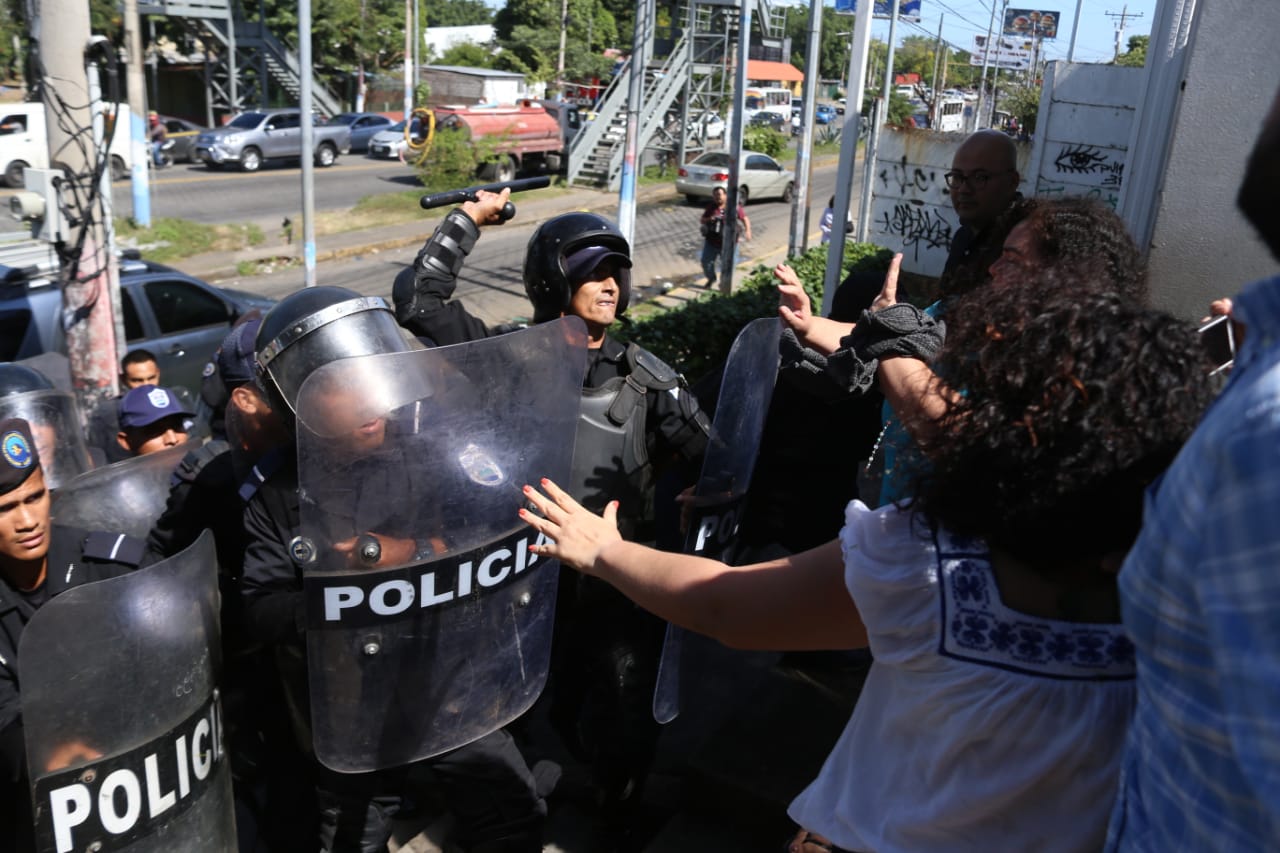
The Interdisciplinary Group of Independent Experts (GIEI) concluded that crimes against humanity were committed in Nicaragua in its final report that covered the events between April 18 and May 30, 2018, the first days of the bloody repression exercised by the dictatorship of Daniel Ortega and Rosario Murillo against the peaceful protesters who demanded the repeal of the failed reform to Social Security.
Nicaragua has not ratified the Rome Statute
The ICC is the permanent judicial body in charge of prosecuting the most serious crimes under international law: genocide, crimes against humanity, war crimes and the crime of aggression.
The universal ratification of the Statute that establishes it would suppose a global commitment to fight for international justice that would not leave a single option to escape from the demand for criminal responsibility of the perpetrators of these crimes.
To date, the Statute has been ratified by 111 countries since it was approved. Nicaragua and Cuba are the only countries in Latin America that have not yet done so.
The Inter-American Commission on Human Rights (IACHR) documented in a visit to Nicaragua the serious violations of the human rights of Nicaraguans in the context of the 2018 protests, a revolt that left more than 350 victims. The crimes continue in impunity.
